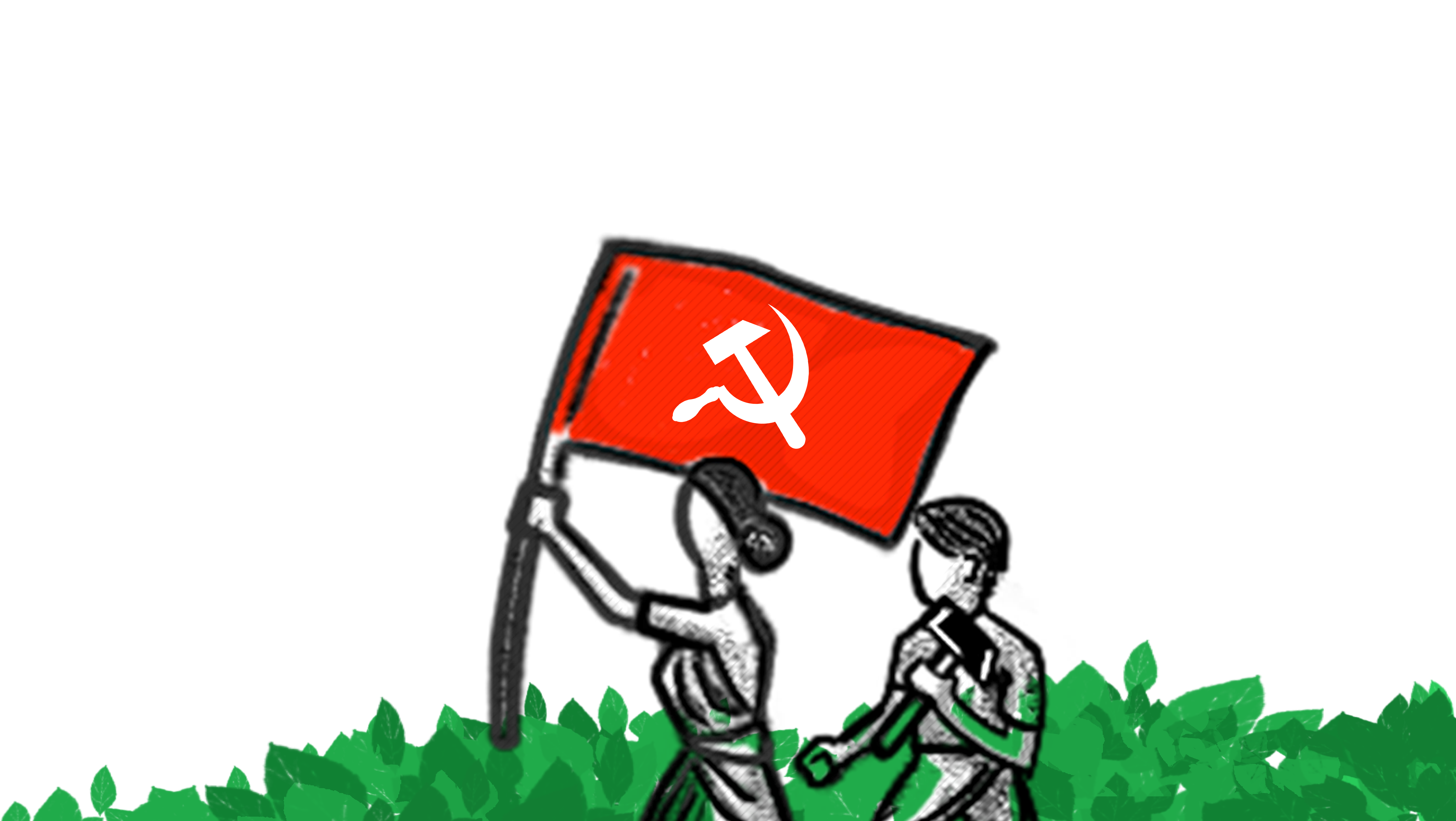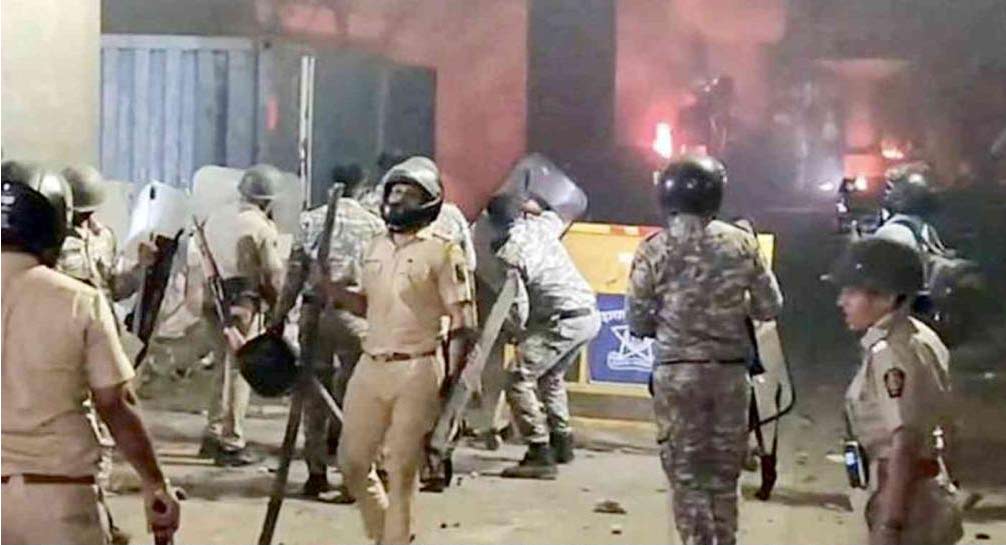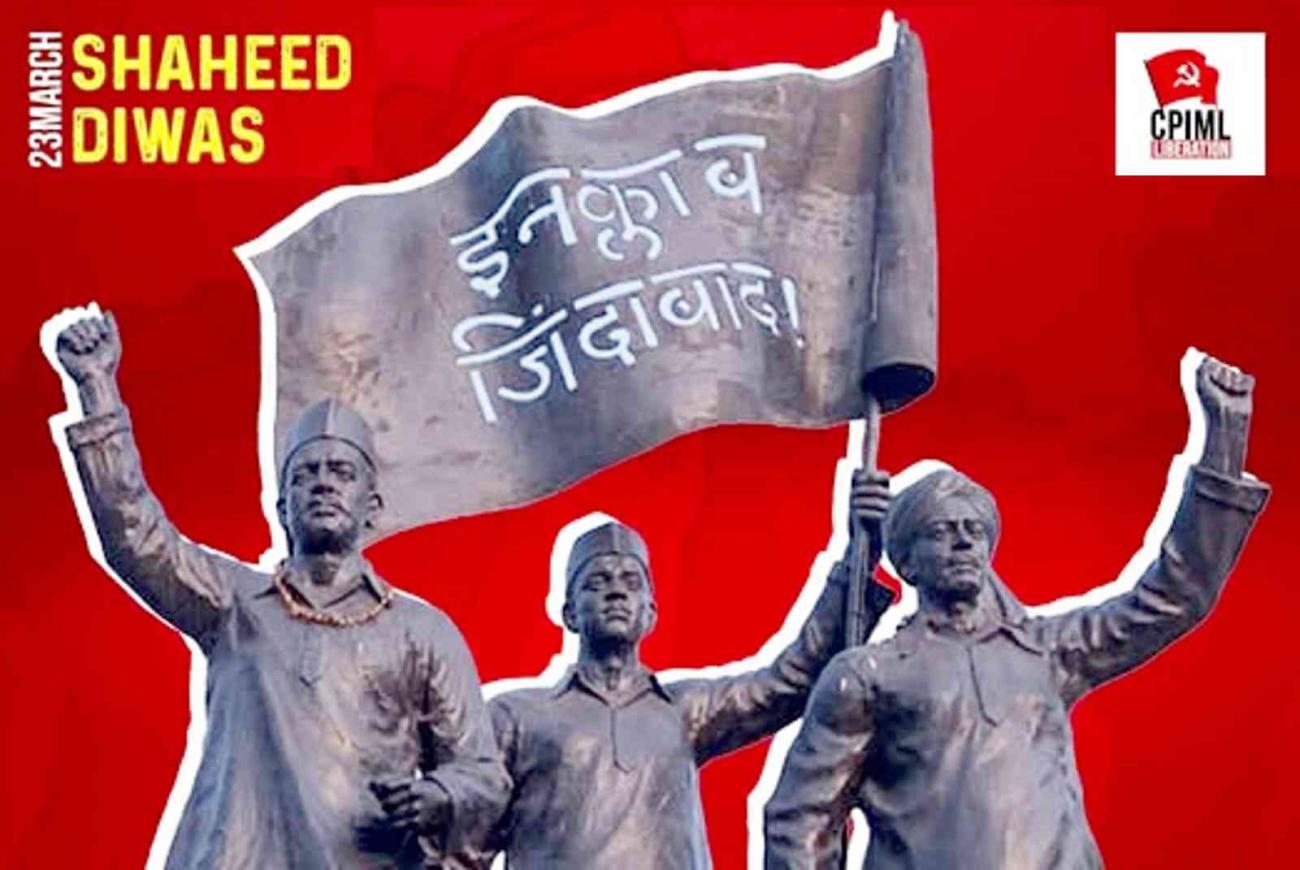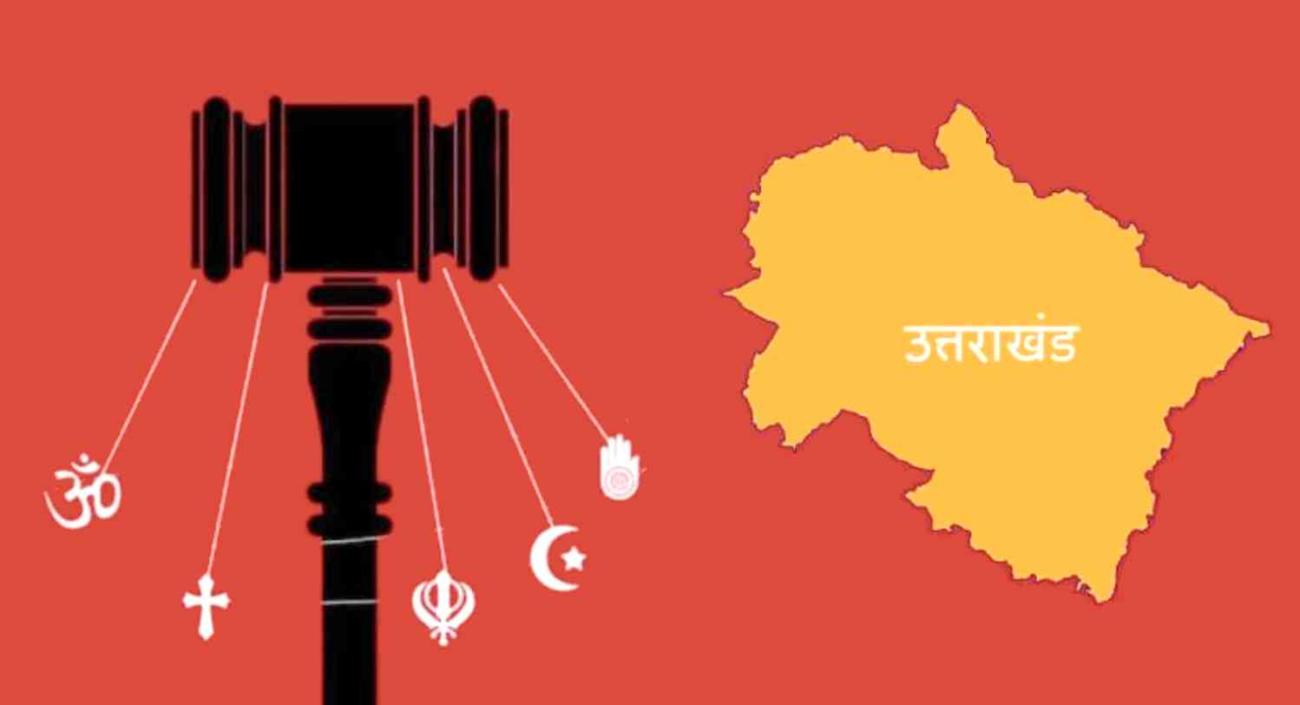(Excerpt from a piece by writer Githa Hariharan, 13 October 2016, in Newsclick, commenting on the culture of jingoism and militarism being promoted in the name of patriotism.)
The other day, inaugurating a conference organised by the Indian Peoples Theatre Association (IPTA) in Indore, filmmaker M.S. Sathyu criticised the shrill calls to keep Pakistani artistes out of India. What has now become the standard of debate� followed: The IPTA conference was disrupted. This attack, by the right-wing Bharat Swabhiman Manch, was to convince us that IPTA is anti-national...
A militarised culture finds new ways to exclude people every day; whether it is actor Nawazuddin Siddiqui kept out of the Ramlila or Muslims out of garba events, or whether it is asking Urdu writers to sign an undertaking that they will not write anything anti-national�. This is the context for the call to ban actors with Pakistani citizenship in Indian cultural projects. The target here is not Pakistani artistes�. Its our own citizens, whether writers, filmmakers or artists, and their commitment to practising culture that does not follow an officially sanctioned script. With all the jingoism in the air (and on air), the time is ripe to extend militarising the nation to militarising cultural practice. The right-wing dreams of India in uniform, preferably khaki...
So what kind of culture should we strengthen? History has examples of the choice we have, both as a nation and as people. In 1935, one of the best known propaganda films was made. Leni Riefenstahls film Triumph of the Will was commissioned by Hitler. The theme Hitler had in mind was Germanys glory under his leadership. But even as the film glorifies the official narrative of the Nazis, we can see how the nations glory� involves excluding people, whether Jewish, Communist, or Germans with a more inclusive, humane view of the world. In stark contrast, Mahmoud Darwish, often referred to as the Palestinian national poet, wrote the Palestinian declaration of independence in 1988 and many poems of resistance that are an integral part of every Arabs consciousness. But he also wrote, just after the 1967 war, a tender poem about an Israeli soldier, A Soldier Who Dreams of White Lilies. Darwish responded to criticism with what could be the motto of every practitioner of an inclusive peoples culture: He would, he said, continue to humanise even the enemy.�
Who do we want to emulate, we who own culture, we who make culture to express our strongest hopes, dreams and fears? Riefenstahl or Darwish? ABVP or Mahasweta Devi? Bharat Swabhiman Manch or IPTA? Only a culture in touch with peoples lives, open to dissenting voices, this side of the border or that, can keep culture, its myriad voices, from being reduced to a single dangerous voice.





